What is a "fair and impartial judiciary" and why is it so important today? Judges and scholars including Supreme Court Justice Anthony Kennedy met to explore this at a symposium sponsored by the Rendell Center and APPC.
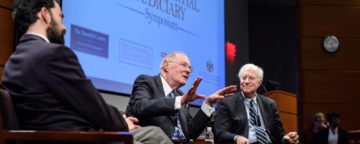
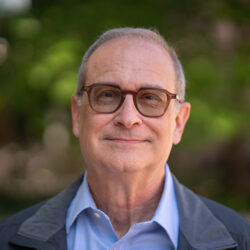
Michael Rozansky has worked as an editor, writer and reporter for 30 years. Before joining the Annenberg Public Policy Center as director of communications, he spent more than 20 years at the Philadelphia Inquirer, most recently supervising its arts and entertainment coverage. He has reported on the arts, media, business, politics, national and regulatory issues. Rozansky also developed and taught a class at Temple University on the history and practice of celebrity journalism. He received a bachelor’s degree in English and American literature from Brown University and a master’s degree in journalism from Columbia University’s Graduate School of Journalism.

What is a "fair and impartial judiciary" and why is it so important today? Judges and scholars including Supreme Court Justice Anthony Kennedy met to explore this at a symposium sponsored by the Rendell Center and APPC.
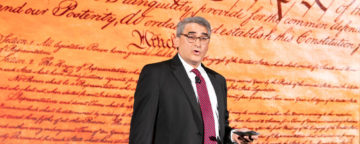
APPC's Ken Winneg took part in the U.S. Chamber of Commerce Foundation's "Civics Forward" event in Washington, D.C., about the importance of civics knowledge and education.
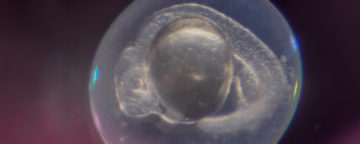
To sustain trust in science, scientists must more clearly show the public -- and each other -- that they honor scientific norms, Kathleen Hall Jamieson and other scholars assert in an article in PNAS.
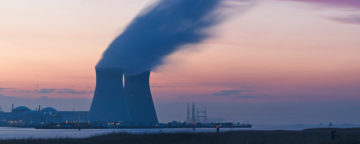
Many people say they don't live near a nuclear, fracking, or refinery site when they do. A new study looks at how the public forms perceptions of proximity to risk sites such as nuclear, fracking and refinery sites.

A new study from APPC and CHOP suggests that relatively slower growth of working memory is linked with teen driving crashes.
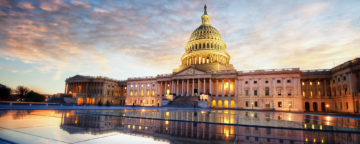
The 2019 Annenberg Constitution Day Civics Survey finds that the American public knows more about civics and constitutional rights than in the recent past -- but still has a long way to go in civics knowledge.
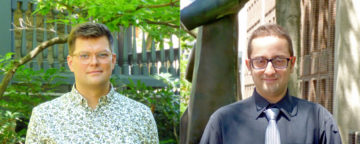
Current and recent APPC postdocs will present research on misinformation, climate change, and media effects in the 2016 election at the annual APSA conference in Washington.
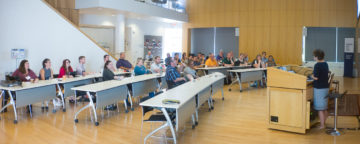
Teachers from 20 states gathered in Philadelphia to discuss the First Amendment at a summer institute sponsored by the Rendell Center for Civics and Civic Engagement.
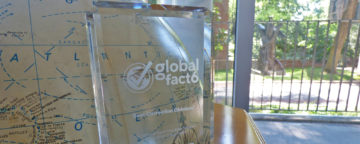
A fact-checking article by FactCheck.org that prompted a retraction and an apology was voted “Best Correction Obtained” and honored at the Global Fact 6 Awards in Cape Town, South Africa.
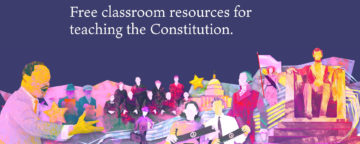
APPC's education site Annenberg Classroom, which was extensively redesigned and relaunched on President’s Day, has been honored for its design and functionality.